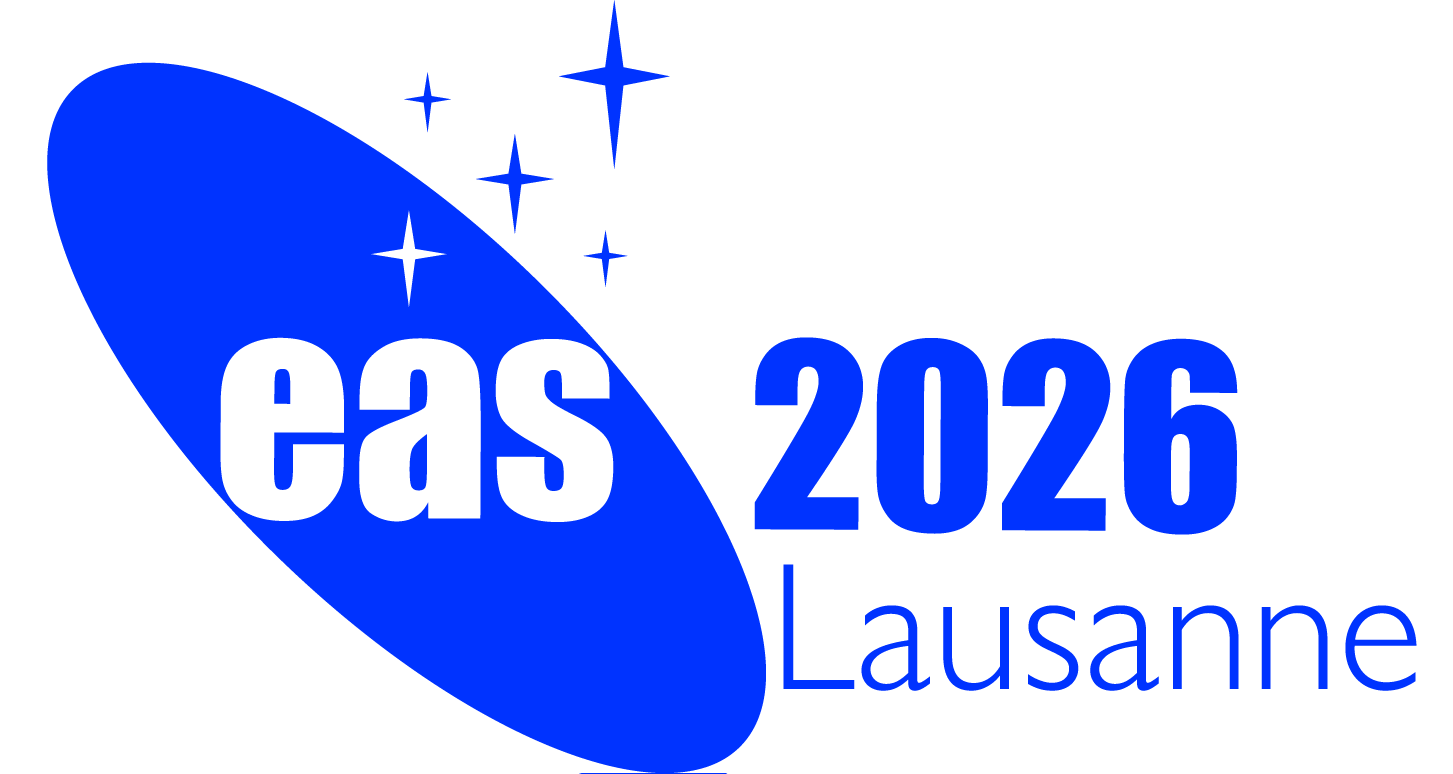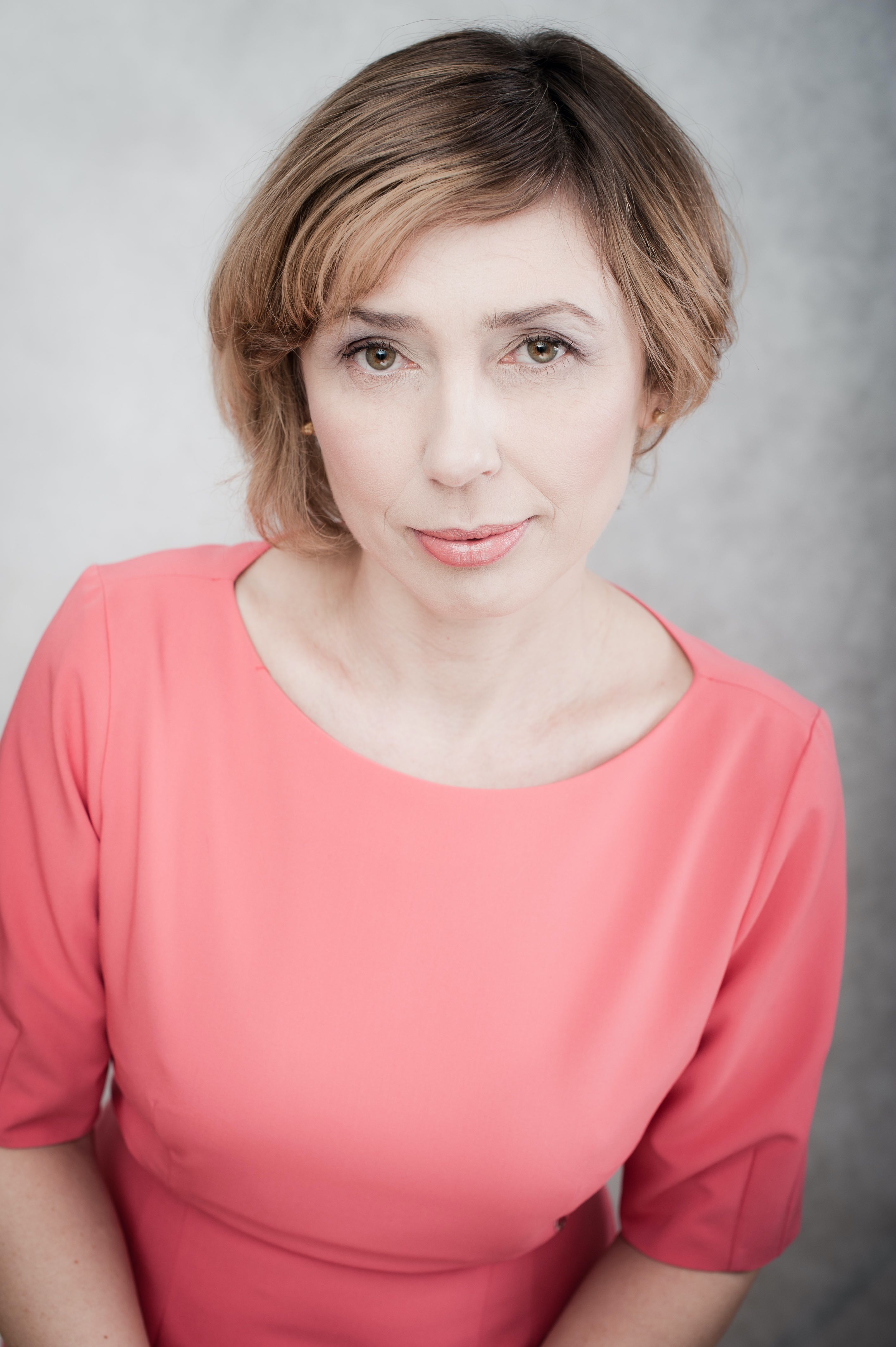
|
European Astronomical Society |

|
About EAS |
Activities
EAS Prizes/Fellows |
Service Centre |
I write a few days after the deadline for Cycle 2 proposals to use JWST. Initial estimates are that there are more than 1600 applications, 30% of which have European PIs. Good luck to everyone!
We are about to elect two new Council members. As the Society's programme expands we need extra Councilors to invest their time to support our new activities. We are pursuing a number of initiatives including establishing observer status at the UN Committee for the Peaceful Use of Outer Space,
COPUOUS
and running the upcoming young astronomers HERAEUS training schools, the first of which is in Garching (27th Feb - 3rd March).
▸ Read more
For one of the two Council positions we hope to elect someone with
expertise/experience in communication as we seek to raise the profile of our
activities among a wider audience. Please, look out for the announcement that voting has started, it will come soon, and you will have ~1 month to cast your vote.
I am delighted to report that we have secured the week of 27th Feb - 3rd March
for an event at the European Parliament. The theme is `Are we alone in the Universe? Understanding Exoplanets'. It comprises a week-long exhibition and an afternoon of talks and discussion on Feb 28th. Both ESO & ESA are contributing to this and together we aim to excite Parliamentarians about exo-planet science, demonstrate Europe's leading role, and show them the wider impact of this work in outreach, education and economic impact.
Finally let me remind to that registration for our annual meeting, in Krakow, Poland from 10 to 14 July 2023, is now open, see below. Early bird registration is terrific value. I look forward to seeing many of you there.
We invite you to register for the coming EAS Annual Meeting that will be held in the new ICE conference center in Krakow, Poland, from Monday 10 to Friday 14 July, 2023, see this official website. We are looking forward to welcoming you all to Krakow on the occasion of the 550th birthyear of Nicolaus Copernicus, and the centennial of the Polish Astronomical Society.
The scientific program covers the full range of astronomical topics, from the Solar system, exoplanets, black holes, resolved stellar populations, to the distant Universe. Furthermore, the focus will be on the latest scientific results, including those obtained with recently launched space missions.
Please submit your abstract(s) to actively participate in the meeting before
the March 1, 2023, deadline. The same deadline holds for applications for fee
waivers and/or grants.
▸ Read more
This year the registration fee does not include lunch; lunch can be ordered separately during the registration process. The motivation for this decision is that last year several participants decided to not pick up their lunch, so that many lunches had to be discarded. Given the high inflation, this decision also resulted in registration fees at a similar level as previous years.
This year not only the plenary program and e-posters, but also all the Symposia will be accessible through our online platform. Thus, EAS 2023 now offers about 5
parallel sessions per day to our virtual participants, thereby significantly increasing
the hybrid character of the annual meeting.
Two 7-magnitudes earthquakes struck southern and central Türkiye, as well as northern and western Syria on 6 February 2023. A 7.7 magnitude earthquake happened in the early morning (01:17 UT) followed by another 7.6 magnitude earthquake at 10:24 UT. The first shock was on the well-known East Anatolian Fault Zone and the second nearby one was on a branch of the same zone. Both earthquakes happened nearby the city of Kahramanmaras.
Over 20 million people were affected by the shocks, with a death toll surpassing 40,000. In Türkiye, a few hundred thousand people were displaced, and transportation efforts are still ongoing. Around 25,000 buildings were destroyed during the events and many more are being condemned to demolition by authorities due to the severe damages. Schools and universities were suspended for at least four weeks and will resume in March/April 2023.
▸ Read more
Almost 250,000 people have been involved in search, rescue, and logistics operations, including 11,000 professionals from foreign countries. Some people were rescued alive out of the wreckages even at the 10th day after the shocks.
According to the Turkish Astronomical Society (TAD), several astronomers (including IAU and EAS members) are based in the region as there are three university observatories in Adana, Adiyaman, and Malatya. Fortunately, none of the observatories in the campuses of Cukurova, Adiyaman and Inonu Universities have suffered severe damages. However, many professional astronomers and students have been directly affected by the earthquakes, as their homes have been damaged or destroyed. The EAS reiterates the sympathy sentiments expressed in its statement, and sends its heartfelt condolences to our Turkish and Syrian colleagues who have experienced loss, and in particular to Dr. Ilham Nasiroglu (a member of the TAD and of the EAS) who lost almost his entire family in Hatay.
It is with sadness I have learned that Jean-Pierre Swings is no more.
JP Swings was born in the USA and one can as well say that he was born into astronomy. Being the son of a Belgian professor of astronomy, Pol Swings, Jean-Pierre first studied engineering, following an interest in how it relates to space technologies. This led him to embark on a Master's degree in engineering and doctorate in astrophysics awarded by the University of Liège. He preferred the practical side of the discipline, working with telescopes and going out to look at the sky not least at the ESO site at La Silla in Chile. He loved it as he said in an interview in his later years.
▸ Read more
My first meeting with Jean Pierre was at my very first international astronomy meeting. It was in Liège, I think that it was in 1967. I was only a student and that meeting made a great impression on me. Many of the participants were world leading physicists. Jean Pierre had to step in and lead much of the conference.
I was deeply impressed by him being able to do that despite still being a PhD student.
Since that time, I have had the feeling that Jean-Pierre was always around. After serving as Assistant General Secretary of the International Astronomical Union from 1982 to 1985 and General Secretary from 1985 to 1988, he served as President of the European Science Foundation and member of the Space Advisory Board of the 7th Framework Programme for Research and Technological Development of the European Commission.
Together with Lodewijk Woltjer, he was one of the founders of the European Astronomical Society and EAS Councilor 1991-1992. He was EAS Treasurer in 1994 and I took over as treasurer during the following 10 years. JP Swings was also member of the advisory structure of the ESO Very Large Telescope project.
The EAS 13th General Assembly was held in July 2005 in Liège, Belgium, and JP Swings was chair of the Scientific Organizing Committee of the EAS annual meeting (at that time JENAM). I remember that meeting very clearly as I met with Ukranian EAS members and students for the first time.
Jean-Pierre Swings was married to Nadine Duchesne. He had two sons: Anthony and William. He died in Liège on 16 January 2023, at the age of 79.
Honored be his memory.
At our Business meeting in January at the Department of Astronomy of the University of Geneva, where the EAS Office is located, we were joined
by three new Affiliated Societies from Iceland, Norway, & Sweden. Welcome
aboard! They bring the number of affiliated societies to thirty-one. That Business
Meeting was also an opportunity for all the societies to update us about what they are doing. They reported a remarkable range of activities in their communities including the construction of new telescopes, extensive outreach programmes and lots of activity centred around the threat from satellite constellations.
In January 2022, the EAS signed the UN Climate Neutral Now pledge and
has now submitted its first report on its carbon emissions to the
Climate Neutral Now. The report
encompasses the carbon emissions directly incurred by the EAS in 2022
and will serve as a baseline for future reports. Due to its very small
staff and facilities, the impact of the EAS itself is small - 21.7
metric tons of CO2, and is mainly due to support for travel to
Council meetings and to the EAS annual meeting.
▸ Read more
In past years, we have implemented certain actions during EAS Annual Meeting,
some of which in response to suggestions from our
Sustainability Advisory Committee, towards reducing its GHG emissions,
such as reducing printed materials to almost zero, replacing plastic
bottles, recycling and offering only vegetarian options for lunches. At
the moment we are working on improving the hybrid option for the
meeting, and hope that, with the help of the Advisory Committee, we can
identify and implement additional measures to reduce even further the
meeting's carbon footprint.
Following the stepping down of most of the members of the Sustainability
Advisory Committee in the summer of 2022, a call went out for new
members to join. We received a significant number of expressions of
interest and invitations were extended to several individuals, selected
being mindful of gender, geographical and career stage balance. The new
members of the Advisory Committee will start their two-year term in the
coming weeks.
Council looks forward to continuing to work towards more sustainable
European astronomy with the Sustainability Advisory Committee.
The Diversity and Inclusion Advisory Committee have been operating 2019, advising Council on new policies or practices regarding Equity, Diversity and Inclusion (EDI) and assisting in the implementation of these new activities where necessary. They have been involved in the organisation of the EAS Inclusion Day, the yearly EDI event taking place at the EAS annual meetings since 2020. These events aim to draw together all parties interested in diversity and inclusion in astronomy and, thanks to the efforts of the Diversity and Inclusion
Advisory Committee, have been a resounding success.
▸ Read more
The Advisory Committee have also coordinated the community consultation on the EAS Ethics Document and Guidelines for Good Practice and updated its content to reflect the input received. The new version of these documents is now available on the EAS website. Council wishes to thank the members of the Inclusion and Diversity Advisory committee that have concluded their terms: Jake Noel-Storr and Sara Anjos, who served as co-chairs, Sara White, who led the efforts on the EAS Ethics Document and Guidelines for Good Practice, Holly Andrews, who coordinated the organization of EAS Inclusion Day 2022, Abigail Frost, Amparo Marco, Tomaz Zwitter. Following a call that went out over the past summer, we received a very large number of expressions of interest to join the Advisory Committee. Invitations were extended to several individuals, selected being mindful of gender, geographical and career stage balance. The new members of the Advisory Committee will start their two-year term in the coming weeks. Council looks forward to continuing to work with the Advisory Committee to make European astronomy more equitable, diverse and inclusive.
About the EAS and the e-NewsletterThe European Astronomical Society (EAS) is a society of professional astronomers founded in 1990 and aiming at promoting and advancing astronomy in Europe. Its contact point is the EAS Office, located at the University of Geneva, Switzerland. Started in 2016, the e-Newsletter is a prime communication tool between the society and its members, and it is issued three to four times per year.
|
Composition of the EAS Council
|
 If you would like to contribute, please contact
If you would like to contribute, please contact